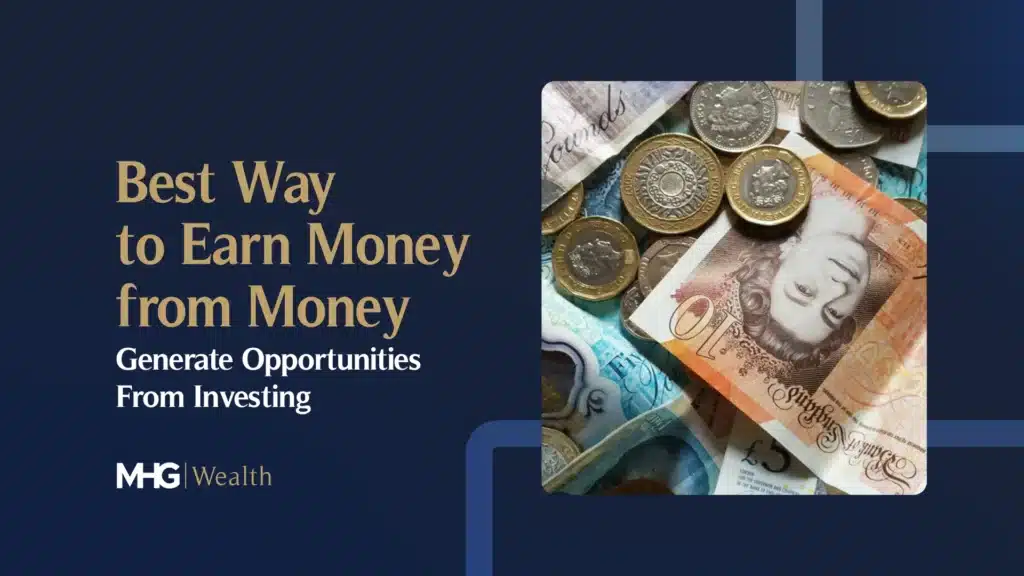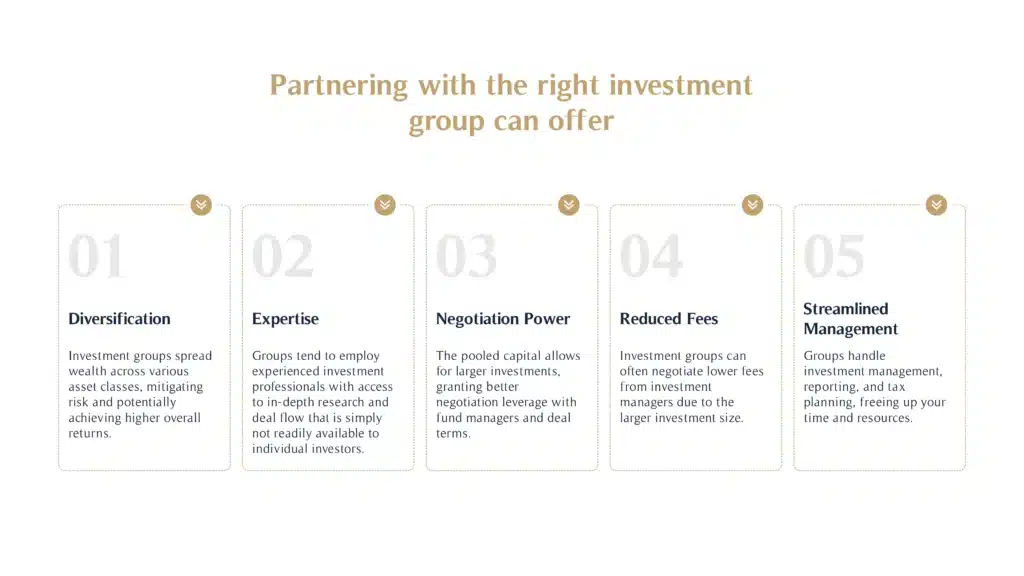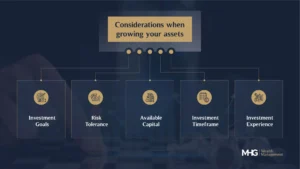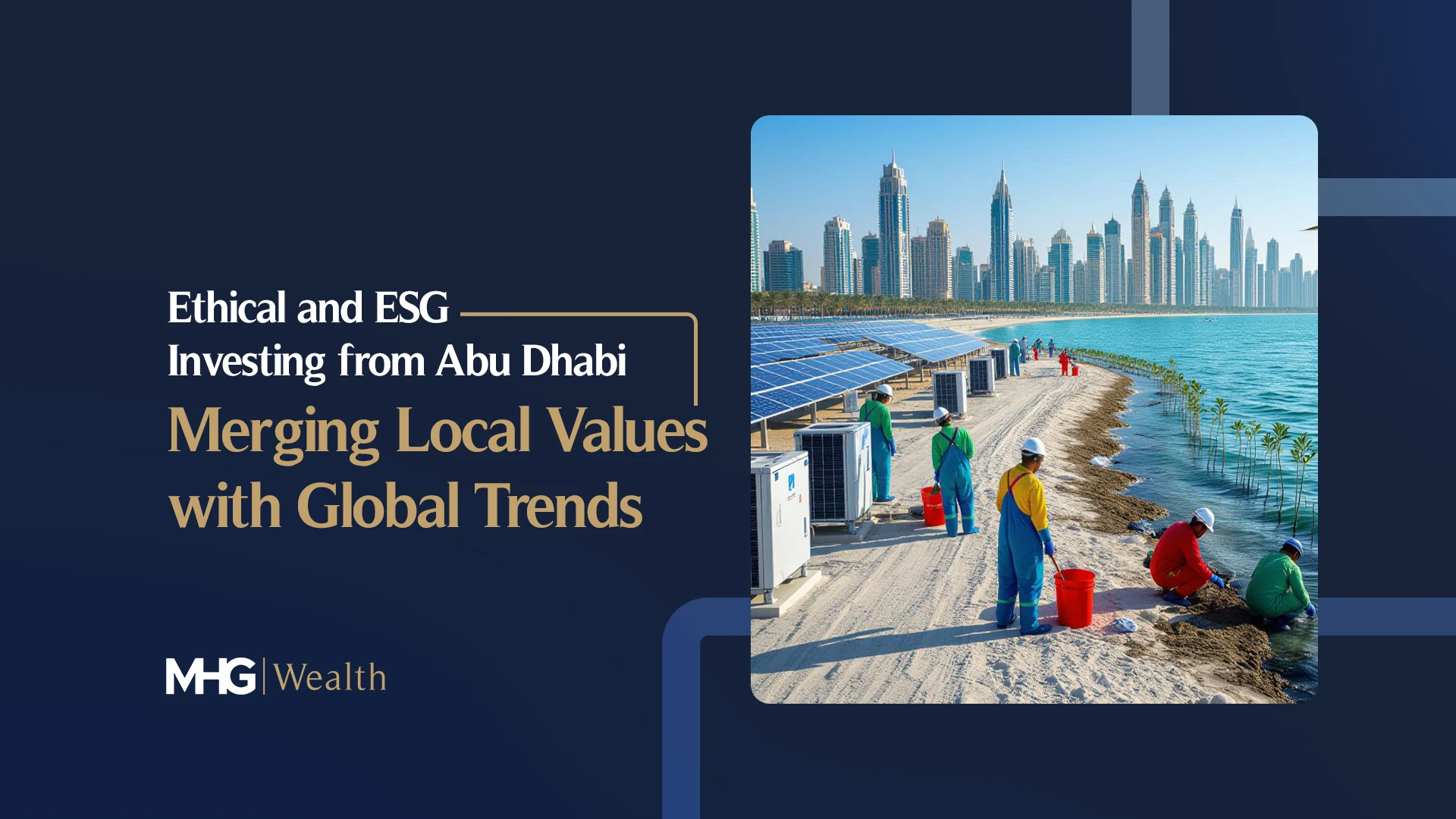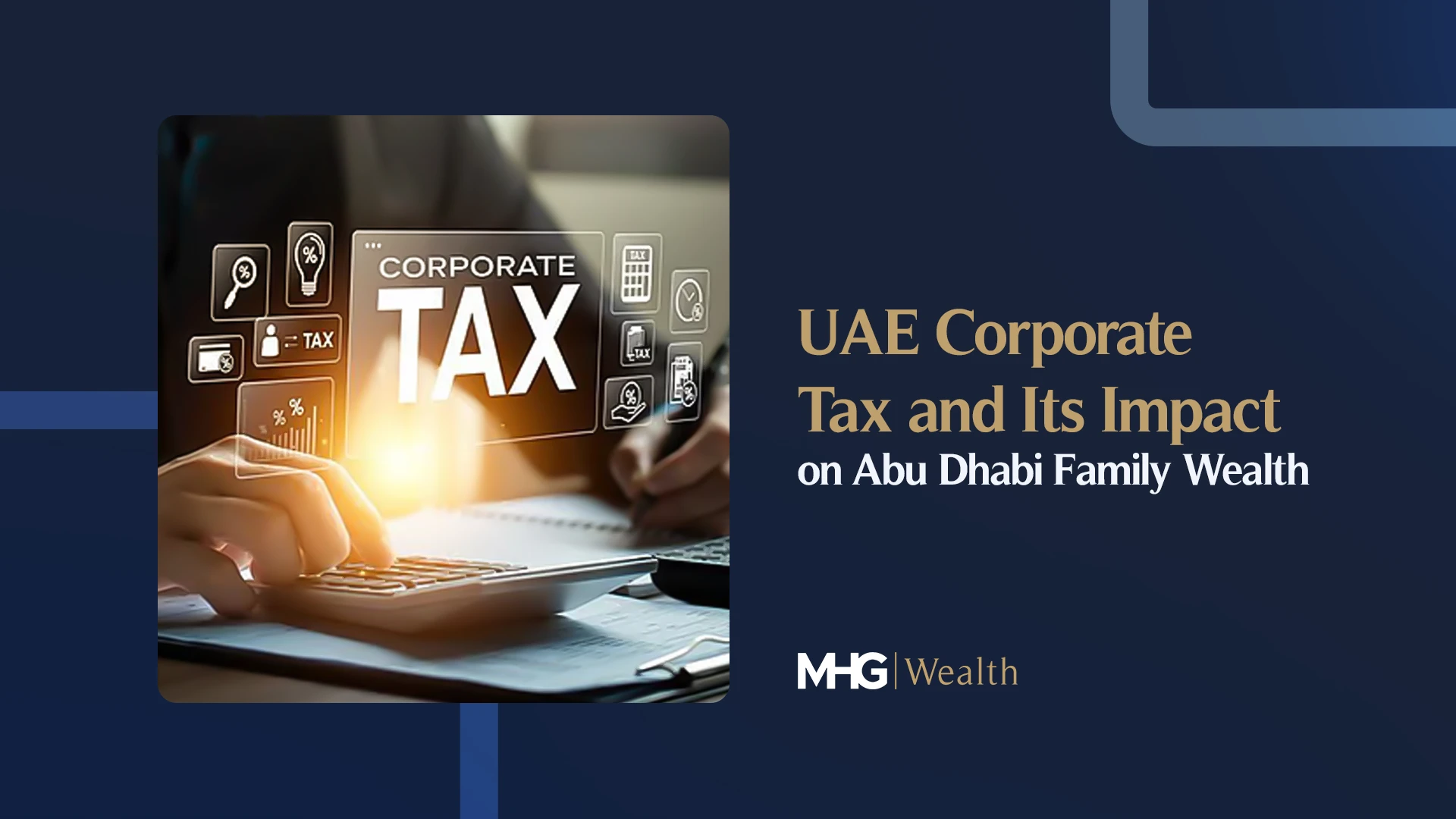People often ask us about how they can simply make their money work harder and smarter for them. You want ways to make money from investing – you want to find the best way to earn money from money.
Sometimes, the more traditional investment vehicles like stocks and bonds don’t deliver the kind of returns you’re looking for. Perhaps they simply don’t allow you the diversification in investing you need to achieve your financial goals.
This is where investment groups and private equity arrangements come into play. These more individual, personalised strategies give you access to exclusive deals, expert management, and the potential for significant returns. But they often come with some new ways of working which can seem complex.
Exploring investment opportunities
Unlocking opportunities through investment groups
Partnering with the right investment group can offer several advantages: :
It is not all plain sailing. These kinds of investments aim to provide a passive income – and they will definitely help you grow your money. But there are some challenges too – which great financial advice can help you avoid:
- High Minimum Investment: Participation will require a more substantial initial investment.
- Control: As an investor, you will need to give some of the decision-making power to the group’s investment committee.
- Alignment of Interests: The group will need to ensure the alignment of investment goals and risk tolerance among the group members.
- Performance Variability: Like any investment strategy, the success of an investment group hinges on the group’s management team and market conditions.
Demystifying private equity: a high-risk, high-reward option
Private equity (PE) simply means investing in companies that are not publicly traded on stock exchanges. PE firms raise capital from individual investors then use it to acquire or invest in these private companies. The PE firm then actively manages the company to increase its value, aiming to exit the investment (usually through an initial public offering (IPO) or sale) within a specific timeframe, typically 3-7 years.
The potential benefits of private equity are significant:
- High Potential Returns: PE investments have historically outperformed traditional asset classes like stocks and bonds. This is because PE firms focus on acquiring undervalued companies and actively managing them for growth.
- Access to Exclusive Deals: You can get access to high-growth private companies with significant potential that may not be available through public markets.
- Diversification: PE can add a new dimension to a portfolio, further mitigating risk by offering exposure to a different asset class. A great example of this is litigation investment where a third party provides the funding for a legal case that might not be able to seek redress in any other way. From large class-action lawsuits to small individual claims such as personal injury or housing disrepair, these cases can be good investments because litigation isn’t linked to market trends, it’s contingent on clear-cut outcomes.
Beyond the basics: exploring alternative investments
Beyond traditional investment groups and PE, you could consider other options. Thinking outside the box can unlock some very interesting alternative investments. There are many but here are a few to take note of:
- Venture Capital (VC): Invests in early-stage, high-growth companies with even higher risk-reward potential than PE.
- Real Estate Investment Trusts (REITs): Offer exposure to real estate investments with potentially higher liquidity and lower management fees than direct ownership. Investing in real estate requires substantial upfront capital, but it’s one of the most reliable and stable methods of diversifying a portfolio.
- Hedge Funds: Employ complex investment strategies with the potential for high returns, but also significant risks and fees.
- Commodities: It is the oldest form of investment, but there are some innovative products out there. Commodities are physical materials like gold, oil, or wheat. They are usually good protections against inflation as they tend to hold value well throughout economic downturns (particularly gold!)
- Cryptocurrencies: From the oldest to one of the newest. Digital assets based on blockchain technology – like Bitcoin – are volatile, largely unregulated, and high risk – but can deliver extraordinary returns and generate passive income.
- Art and Antiques: One of the most specialised alternative investment strategies. But find good advice and the right expertise, and it can be highly profitable – it avoids market trends, but can lock up your capital.
These are some exciting investments. But with amazing opportunities comes higher risk. That’s why alternative investments should not be attempted unless you really know your stuff – or you can work with people who do this kind of thing day in, day out. There are some considerations for the individual investor:
- High Minimum Investment: Participation typically requires a larger upfront investment. Finding the right investment for your level of financial capacity is essential.
- Illiquidity: Investments can be locked in for a long period, reducing access to invested capital during the holding period. You don’t want an investment – however beneficial – if it locks your money away and stops you from being agile.
- High Fees: PE firms charge a combination of management fees and performance fees, which can significantly reduce overall returns. You need to ask upfront what the costs are going to be – transparency is everything here!
- Higher Risk: Private companies are inherently riskier than publicly traded ones. Investments may not always generate the desired returns, or even result in a loss. Again, the integrity of the people you work with is vital. You want a team that has the experience, the expertise but also the best possible reputation.
- Limited Transparency: Information about private companies can be scarce, making it difficult for investors to assess risks and potential returns accurately. These alternative investments can be fiddly and complex as well as obscure – you’ll need a good wingman to decode and explain so you feel in control.
Considerations when growing your assets
Your best option depends on several factors:
- Investment Goals: Are you looking for high-growth potential, income generation, or capital preservation?
- Risk Tolerance: How comfortable are you with the potential for significant losses?
- Available Capital: Do you have the minimum investment required for these options?
- Investment Timeframe: Can you commit your capital for the extended holding periods associated with private equity?
- Investment Experience: Do you have the knowledge and resources to properly evaluate these complex investments?
How to grow your assets
First Steps
Before you start your journey to boost and invest your money, there are a few steps that we’d always recommend that will help you lay the groundwork.
Do a budget
This may seem both obvious and a little boring – but you’d be surprised how many people don’t have a handle on their money. Creating a complete picture of your finances – from the bigger, more exciting stuff, all the way down to a monthly expense plan is key to making your money grow, and not leaving yourself exposed or unable to move swiftly.
This simple act not only helps you see exactly where you’re spending your income but also helps you manage your money in the future. Everyone should spend less than they earn and keep track of any unnecessary expenditures.
But budgeting isn’t a one-off. You’ll need a continuous effort if you want to:
- Eliminate bad financial habits
- Keeping track of expenses
- Manage monthly spending
- Build a strategy for future investments
- Sleep soundly at night!
Get it right and you’ve taken the real first step towards financial stability.
Ditch the debt
Debts can trap and halt your financial growth in a negative way, which is why getting rid of debt or reducing it to the bare minimum is crucial. If you’re in debt, you’ll end up paying more than the original purchase price. Combined with inflation it can rot your portfolio from the core – eating into funds and stripping out cash through the burden of interest payments.
Debt limits the choices you can make toward savings and investment. If you can, you’ll need to minimise or eliminate debt altogether.
Debt means getting stuck in a vicious cycle of earning and losing money even before you have had a chance to enjoy it.
Good financial management will allow you to mitigate and offset both debt and inflation so your money can start to grow exponentially.
Five reasons to get the right advice
1. Not all passive income is created equal
Yes, sure, the internet is full of “get rich quick” schemes disguised as passive income. While some methods, like investing or renting out property, can offer genuine benefits, others may require significant upfront investment, specialist knowledge, or considerable ongoing effort. At MHG Wealth Management, we can help you differentiate between realistic, sustainable options and flashy (and potentially risky) ventures.
2. What is your risk tolerance?
Popular buzzwords like ‘passive income’ aren’t always what they seem… Passive income doesn’t mean risk-free income. There are fluctuations in everything – after all – that’s how people make money, buying low and selling high! Even solid brick-and-mortar real estate values can go down. A solid passive income source comes with inherent risks. But, a truly knowledgeable advisor can help you assess your risk tolerance and recommend options that align with your financial goals and comfort level. For example, someone averse to risk may be better suited for low-risk investments like bonds, while someone with a higher risk tolerance might explore alternative investments like venture capital.
3. Understanding those hidden costs
The initial investment for some passive income streams might seem attractive, but there are often hidden costs to consider. A good advisor can break down the true costs associated with different investment options, making sure you have a realistic picture of the potential returns.
4. Tax implications can bite
The way you earn passive income can significantly impact your tax burden. Royalties from a book may be taxed differently than rental income from a property. A good advisor can shed light on the tax implications of different options, helping you choose a path that minimises your tax liability and maximises your after-tax income.
5. Adapting to changing circumstances
Your financial situation and goals will probably evolve. A passive income strategy that worked for you in your 30s may not be right once you are in your 50s. A good advisor can help you adjust your passive income strategy as needed, ensuring it continues to meet your changing financial objectives.
Don’t fall victim to the “get rich quick” mentality when it comes to passive income. You need to seek out good advice from qualified professionals who can guide you towards reliable and sustainable income streams. With proper planning and guidance, you can turn your passive income dream into a delicious reality, free from any financial meltdowns.
If you would like to learn more about our exclusive passive investment opportunities and the best way to earn money from money. Get in touch to speak with one of our experienced financial advisors today.
